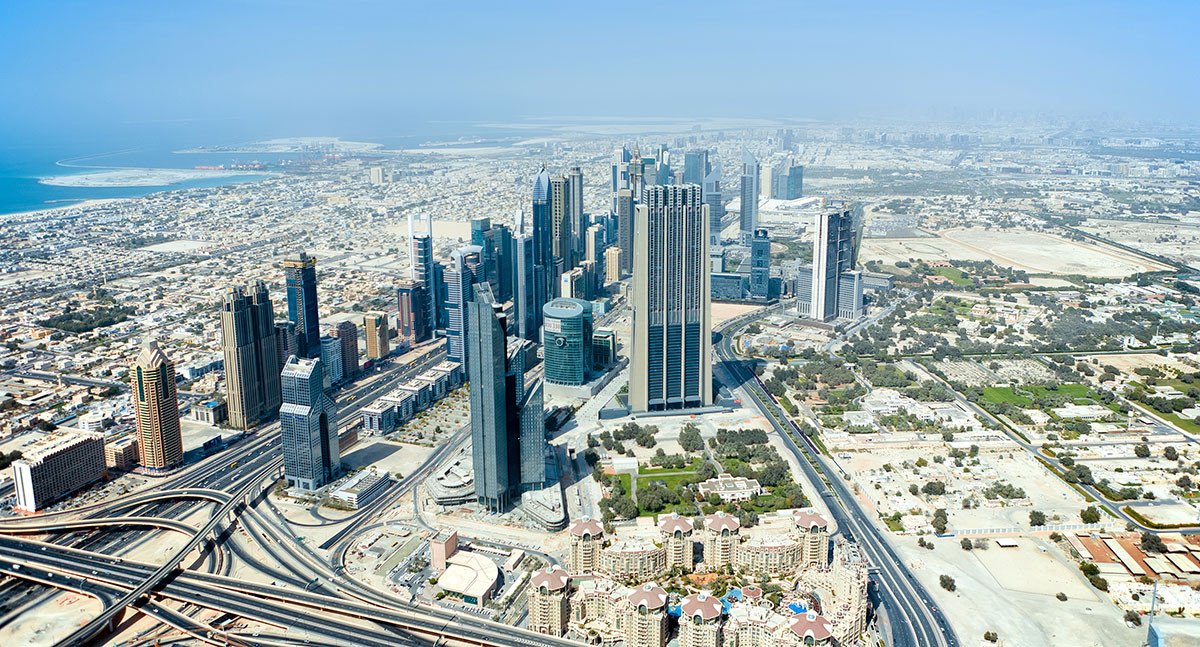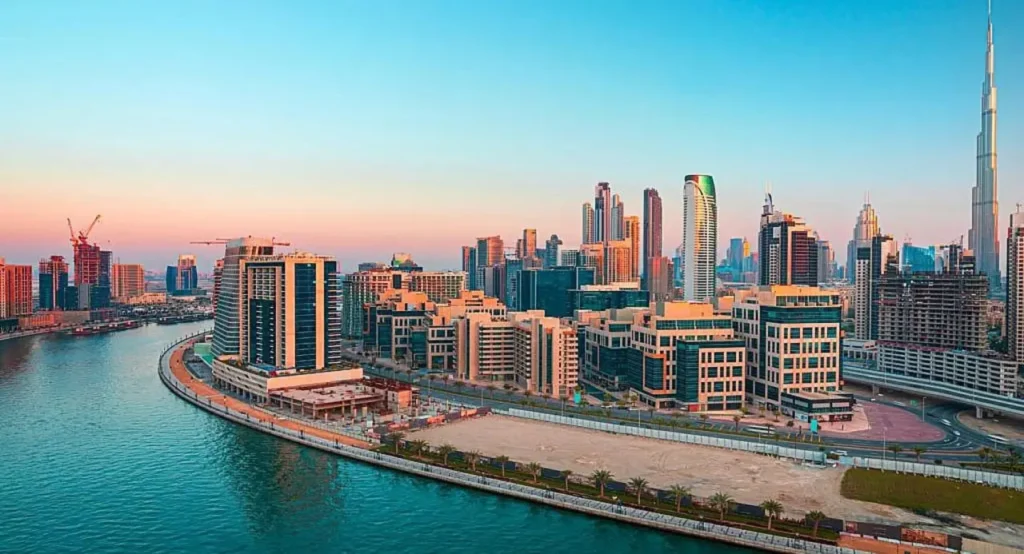
Investing in an off-plan Project in Dubai can be one of the most rewarding real estate decisions if done right. The city’s skyline is ever-evolving, and with new developments constantly being announced, buyers and investors have countless opportunities to secure properties at pre-launch or early-stage prices.
However, the allure of low entry prices and flexible payment plans can sometimes mask potential risks. Evaluating an off-plan project correctly helps ensure that you’re not just buying into hype but making a sound financial decision that grows in value.
Here’s an in-depth, humanized guide to help you evaluate an off-plan project like a professional investor in Dubai’s competitive real estate market.
An off-plan property refers to a real estate unit that’s still under construction or in the planning stage. Buyers commit to purchasing it before it’s completed, often with appealing incentives such as lower prices, post-handover payment plans, and early-bird discounts.
While the concept seems straightforward, off-plan investing comes with both potential rewards and risks. Understanding these helps you make informed decisions instead of emotional ones.
Advantages of buying off-plan include:
Risks to watch out for include:
The first and most crucial step in evaluating an off-plan project is to assess the developer’s track record. A reputable developer can make the difference between a successful investment and a financial disappointment.
Key things to check include:
You can also check whether the developer is registered with the Dubai Land Department (DLD) and RERA (Real Estate Regulatory Agency). These registrations indicate compliance with Dubai’s real estate laws, ensuring your investment is safeguarded under government regulations.

In real estate, location is everything—and off-plan projects are no exception. A project’s location often determines its long-term value, rental yield, and resale potential.
When analyzing location, consider:
For instance, areas like Dubai Creek Harbour, Business Bay, and Jumeirah Village Circle (JVC) are attracting huge attention due to their connectivity and lifestyle offerings. Meanwhile, communities like Dubai South and Mohammed Bin Rashid City are seen as emerging hotspots with strong long-term potential.
Off-plan properties are popular for their flexible payment structures, but buyers must read the fine print carefully. A project offering 10% booking, 50% during construction, and 40% post-handover may seem attractive—but only if the pricing reflects the real market value.
What to analyze:
Comparing similar projects in the same area will help you identify if the price per square foot is justified.
A project’s design and features significantly influence both its desirability and resale potential. Developers often compete by offering unique amenities and architectural innovation, but not all deliver on promises.
Look for:
It’s always wise to request detailed floor plans, virtual tours, and model units to visualize what you’re investing in.
One of the main concerns with off-plan properties is project authenticity. Dubai has strict regulations, but due diligence remains your responsibility as a buyer.
Ensure that:
The escrow system is designed to protect buyers—developers can only withdraw funds proportionate to construction progress verified by authorities.
Before committing, check the project’s current stage of development. Delays are common in off-plan projects, but they shouldn’t exceed reasonable limits.
Ask for:
If a project has already reached an advanced stage, it reduces the risk of non-completion.
Evaluating an off-plan project also requires understanding Dubai’s current real estate trends. The property market fluctuates, and your investment potential depends on timing and area growth.
Consider:
For instance, areas with new transport links, waterfront views, or upcoming entertainment hubs tend to outperform others.

Your Sales and Purchase Agreement (SPA) is a legally binding document that defines your rights and obligations. Before signing, go through it carefully or have it reviewed by a property lawyer.
Key clauses to understand include:
A transparent, detailed contract reflects the developer’s credibility and safeguards you against future disputes.
While short-term returns are appealing, real success lies in long-term stability. Ask yourself whether the project will maintain its appeal five or ten years from now.
Consider:
Projects that form part of master-planned communities usually hold stronger long-term demand and capital appreciation.
Even seasoned investors rely on expert advice before making off-plan commitments. Consulting a certified real estate advisor or property consultant can provide market insights and risk assessments that data alone can’t reveal.
Experts can help you:
In a dynamic market like Dubai, professional guidance is often the difference between average and outstanding investment performance.
Before you finalize your decision, visit the developer’s sales office. Viewing the model apartment gives a tangible sense of quality, layout, and finishes. Many developers also offer VR experiences that allow you to walk through the property before it’s built.
This visit can reveal subtle details—like space utilization, view orientation, and material quality—that brochures can’t convey.
Dubai’s off-plan property market offers extraordinary opportunities, but successful investing requires strategy, patience, and diligence. Don’t rush into decisions based on glossy marketing or time-limited offers.
By following a structured evaluation approach—researching the developer, verifying legal compliance, analyzing location, and studying market conditions—you can significantly reduce risk and increase potential rewards.
The golden rule is simple: buy with your head, not your heart. When you evaluate every off-plan project through data, credibility, and future growth, your property becomes more than just an asset—it becomes a legacy of smart investment.
Do Follow Estate Magazine on Instagram
